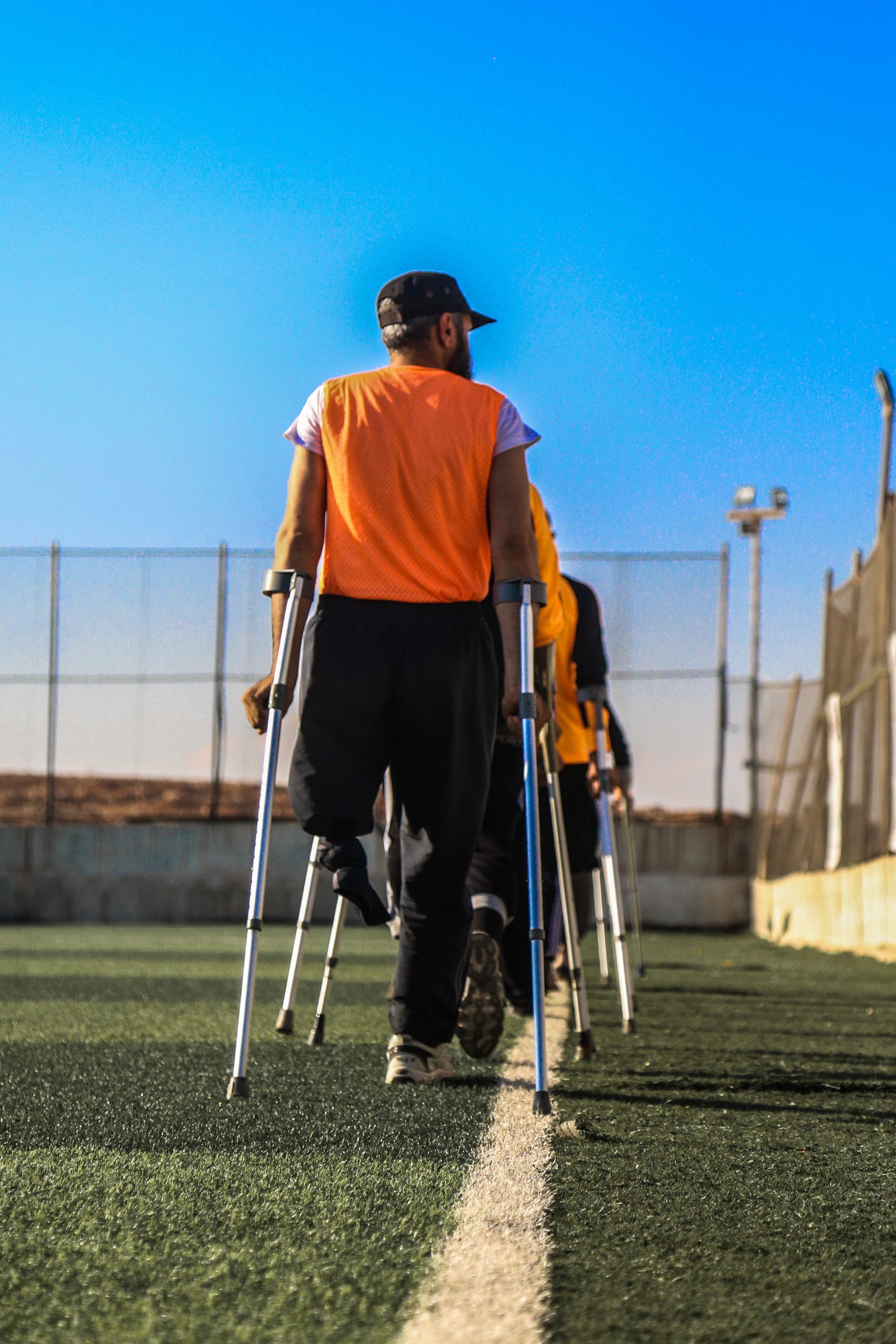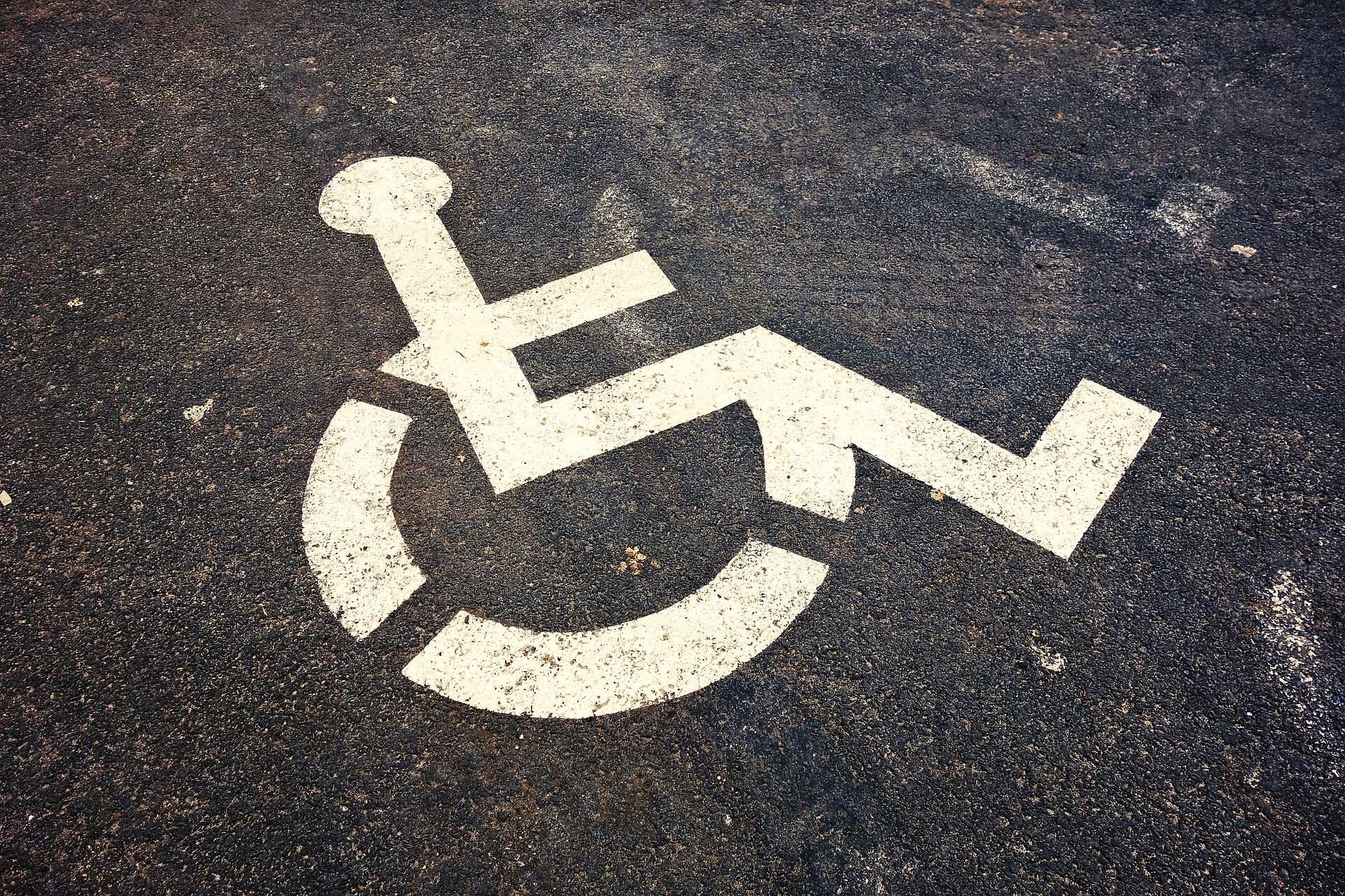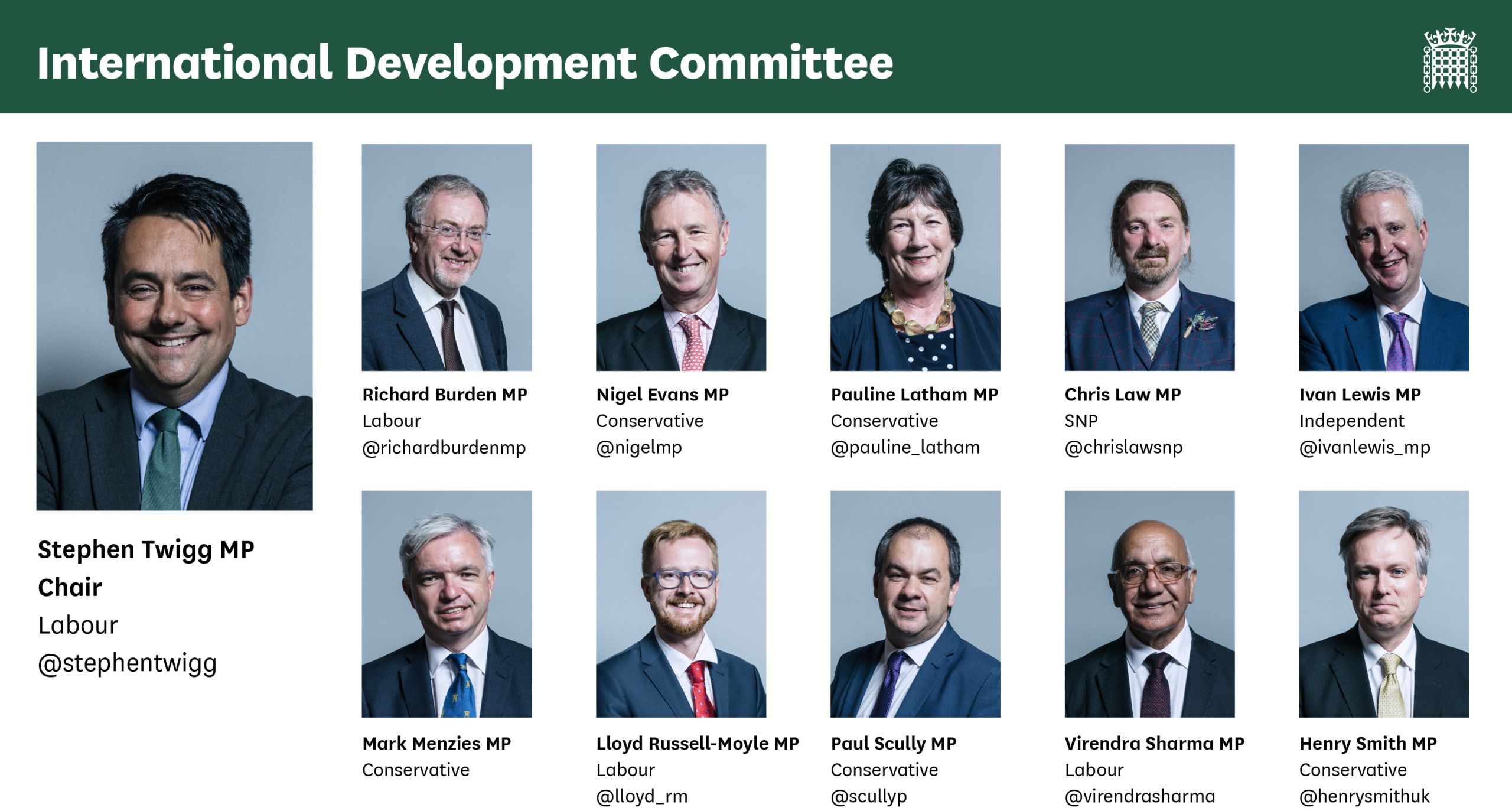Continued leadership and effort is needed to achieve successful disability-inclusive development
What is the Government doing currently to improve disability inclusion in its international development programmes, and our key findings

Disability in developing countries
The New Secretary of State should ensure that DFID continues its focus on disability inclusion, when an estimated 80% of people with disabilities live in developing countries.
Facing discrimination in accessing healthcare, education, employment and various public services, disabled people face challenges throughout their lives to be active participants in social and economic activities.
There are one billion people with disabilities globally – approximately 15% of the world’s population.

What have the Government done so far?
Last year saw a substantial increase in DFIDs work on disability. The Department launched its first ever Strategy for Disability Inclusive Development (the Strategy).
The UK also co-hosted the first ever Global Disability Summit in 2018 (GDS18) in collaboration with the Government of Kenya and the International Disability Alliance.
We, MPs on the International Development Select Committee, have been reviewing these initiatives and their effectiveness as part of an inquiry.
The Strategy and GDS18 created a new focus on how disability issues are addressed in the aid sector, and we welcome this step change in DFID’s thinking. Early progress has been good, though much work still remains to be done.
An estimated 80% of people with disabilities live in developing countries

What we heard
Throughout this inquiry we heard from organisations and academics working in the field of disability-inclusive development, including many organisations representing the experience and views of people with disabilities.
GDS18 and DFID’s Strategy are widely welcome, however the momentum should be kept up, more money needs to be spent to ensure effective mainstreaming of disability inclusion across DFID’s programmes, robust systems of collecting and disaggregating data in this area should be established, as well as effective monitoring and evaluation mechanisms to ensure the implementation of the Strategy is successful.
To realise their efforts, DFID should put people with disabilities, their families, and organisations representing them at the heart of everything they do, from planning to delivery.
You can read the evidence we received here.
Four key messages for the Government to improve existing disability inclusion efforts

1. Removing barriers to education should be a key priority.
DFID must create a framework to ensure programmes correctly identify the specific challenges in each host nation and provide the technical guidance to deliver education projects that address them. National governments should be encouraged to plan and budget for disability inclusion in their own education programmes.
2. Disability should not be an obstacle to participation in economic and social life.
DFID should gather more evidence on the impact of the focus on poverty reduction in social protection programmes. They should ensure that projects are not inadvertently causing discrimination in areas such as access to services or employment, despite having an overall positive impact.
3. Reducing stigma
DFID should work with national governments on addressing stigma and discrimination across all policy areas, legislation, and in the justice system.
Disabled people and Disabled People's Organisations should be involved in working with DFID programmes on changing the image of people with disabilities as victims in need of help, to one of active agents in society.
DFID should also consult widely on how to address alleviating discrimination against people who do not identify as disabled out of fear of stigma, like people with leprosy-related disabilities.
4. Mental health
DFID should work closely with national governments to give high priority to mental health, and on protecting the rights of people with mental health and psycho-social disabilities in areas like employment, health, and the legal system.
To ensure impact across all donor programmes, DFID should align with and complement global strategies to combat poverty and improve disability-inclusive development, including the Sustainable Development Goals, the United Nations’ Convention on the Rights of Persons with Disabilities (CRPD), and the recent UN Disability Inclusion Strategy.
One in five of the world’s poorest people have a disability.

The Government will now respond to our report
Our report, 'DFID's work on disability-inclusive development', was published on 30th July 2019, and the Government has two months to respond to our recommendations.

Detailed information from our inquiry can be found on our website.
If you’re interested in our work, you can find our more on the House of Commons International Development Select Committee website. You can also follow our work on Twitter.
The International Development Select Committee is a cross-party committee of MPs that scrutinises government policy.
